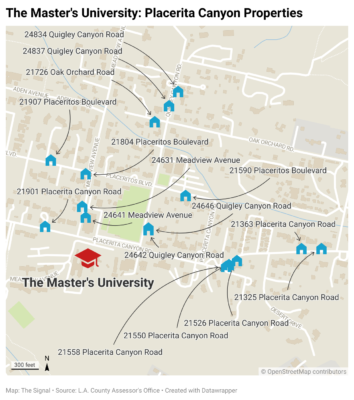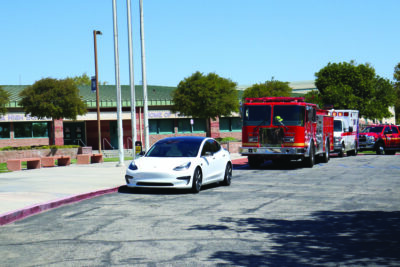By Matthew Vadum
Contributing Writer
The Trump administration filed an emergency application with the Supreme Court late on Thursday, asking the court to suspend a lower court order restricting immigration stops in Southern California.
U.S. Immigration and Customs Enforcement (ICE) started its operations in the Los Angeles area on June 6. Local and state officials have strongly criticized the effort, saying the federal government is overstepping its legal authority. Several illegal immigrant advocacy groups are suing the Trump administration over the enforcement program.
Department of Homeland Security (DHS) Assistant Secretary Tricia McLaughlin previously said that ICE targets individuals based on their unlawful presence in the country, not their skin color, race, or ethnicity. The ICE operation is focused on removing criminals and MS-13 gang members from California communities, she said.
There have also been numerous demonstrations against ICE operations in Los Angeles, as well as riots.
The application was brought after the U.S. Court of Appeals for the Ninth Circuit declined on Aug. 1 to lift a federal district court order. U.S. District Judge Maame Frimpong issued a temporary restraining order on July 11 that limits the factors law enforcement officials may use when making stops and arrests.
Specifically, Frimpong barred DHS from stopping or arresting individuals based exclusively on factors such as the language the person speaks or where the person works.
The new Supreme Court application was addressed to Justice Elena Kagan, who oversees emergency appeals from California. The case is known as Noem v. Perdomo.
U.S. Solicitor General D. John Sauer said in the application that the case involves “a district-court injunction that threatens to upend immigration officials’ ability to enforce the immigration laws in the Central District of California.”
The district court’s order “now significantly interferes with federal enforcement efforts across a region that is larger and more populous than many countries and that has become a major epicenter of the immigration crisis,” Sauer said.
In her order, Frimpong said those who brought the lawsuit alleged that the immigration enforcement operations have multiple features that are unconstitutional.
This includes “roving patrols,” which are “indiscriminately rounding up numerous individuals without reasonable suspicion and, having done so, denying these individuals access to lawyers who could help them navigate the legal process they found themselves in,” she wrote in her order.
Roving patrols lacking reasonable suspicion violate the Fourth Amendment, and not letting those caught up in them have access to lawyers violates the Fifth Amendment, the judge wrote.
In the temporary restraining order, Frimpong said DHS may not carry out “detentive stops” unless the law enforcement official “has reasonable suspicion that the person to be stopped is within the United States in violation of U.S. immigration law.”
When deciding if they have reasonable suspicion to make a detentive stop, DHS agents “may not rely solely” on certain factors the judge identified.
Those factors are “apparent race or ethnicity,” “speaking Spanish or speaking English with an accent,” “presence at a particular location (e.g. bus stop, car wash, tow yard, day laborer pick up site, agricultural site, etc.),” or “the type of work one does,” Frimpong said in the order.
The judge also ordered DHS to allow those detained to have access to lawyers.
In the application, Sauer said the approach taken by the lower courts ignores the factual context of the government’s enforcement operation.
“In a District where about 10 percent of all residents are illegal aliens, reasonable suspicion to stop suspected illegal aliens will necessarily encompass a reasonably broad profile,” the application stated.
It is unclear when the Supreme Court will act on the application.
Aldgra Fredly contributed to this report.









